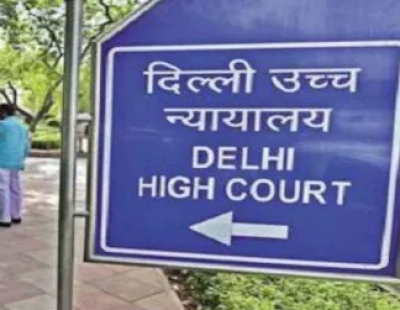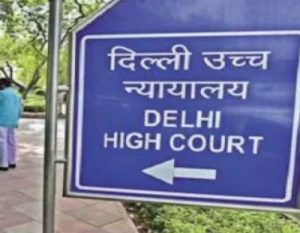
New Delhi, March 25 (IANS) The Delhi High Court has cautioned the Adjudicating Authority under Prevention of Money Laundering Act, 2002 (PMLA) about passing “templated orders” and to refrain from using “identical templated paragraphs”.
A single-judge bench of Justice Pratibha M. Singh said: “Use of identical templated paragraphs could reflect as non-application of mind by the Authority concerned and hence ought to be avoided. The Adjudicating Authority is cautioned about passing such templated orders.”
Challenging an attachment order passed by Adjudicating Authority (PMLA) on December 22, 2021, a plea was moved by the State Bank of India.
The bank claimed that after providing a thorough reply explaining its position and supporting it with documents and pertinent decisions, the Adjudicating Authority did not even take its case into consideration.
The petitioner bank’s attorney, Chandrachur Bhattacharyya, claimed that the Adjudicating Authority (PMLA) was “passing template cut-paste orders” while it presented a compilation of similar orders passed by the Adjudicating Authority before the court.
In view of the above, the court noted that the Authority, at least in relation to portions relevant to compliance under Sections 5(1) and 8(1) of PMLA, 2002, was using identical paragraphs in a number of orders.
“The above position shall be brought to the notice of the Adjudicating Authority by ld. Counsel appearing for the Enforcement Directorate,” the court said while cautioning the Adjudicating Authority.
Noting that the order under challenge was an Attachment Order appealable to the Appellate Tribunal (PMLA), the court relegated the petitioner bank to the Appellate Tribunal to avail of the appellate remedies.
“The appeal of the Petitioner shall now be listed and taken up by the Appellate Tribunal, for adjudication in accordance with law. All contentions of the parties are left open,” the court said.
–IANS
spr/svn/
No related posts.










